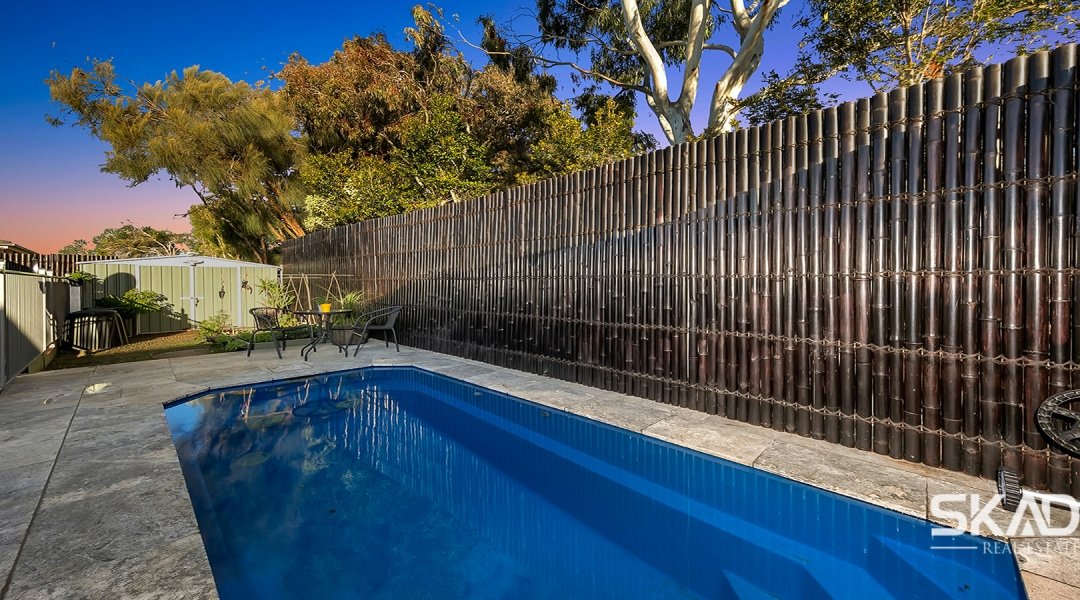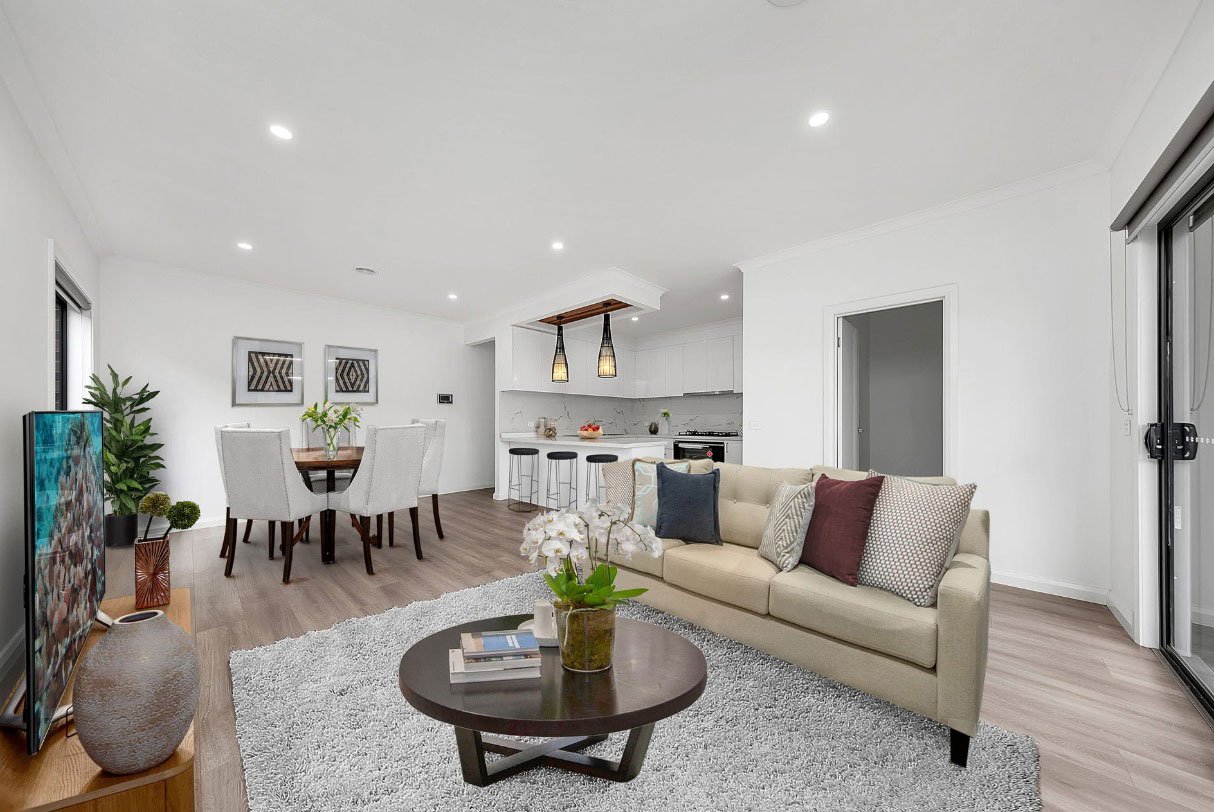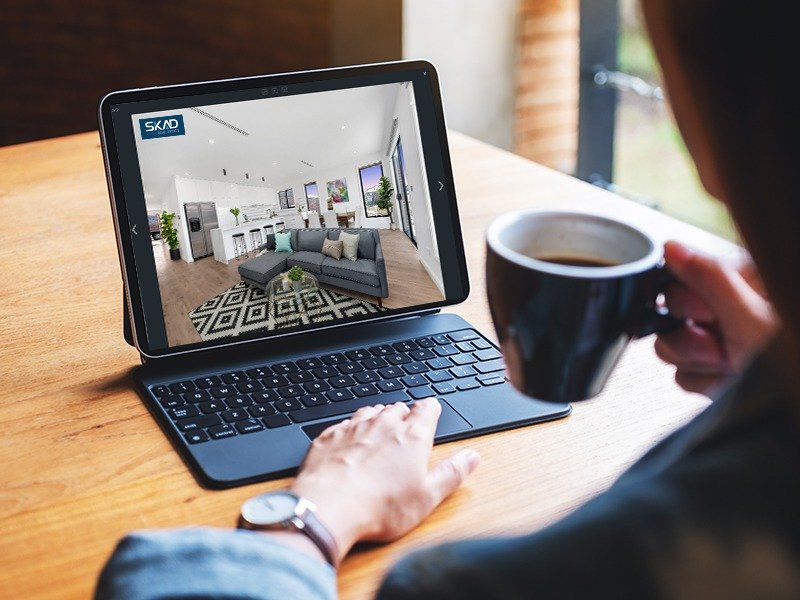When you see the rental properties Thomastown, you might get very excited initially. However, as a first time house owner, there are a couple of advices to keep in mind. Concepts such as down payments, credit scores, mortgage rates , property taxes, are some of the serious calculable factors that you cannot overlook. As much as you are interested in investing in Properties for sale craigieburn, it requires a thorough understanding of the matter.
You can scour the internet to get as much information as possible but for real estate investment, it is better to get professionals’ help. Here is a guide that will help you go about when planning to buy a house for the first time –
Start gathering a down payment
One of the most crucial tasks in purchasing your first home? Making a financial plan. Purchasing a new house (especially for the first time) necessitates the use of a mortgage, in which a lender advances funds to you and you repay it over time. You will, however, require a down payment in order to obtain a mortgage. So, how much money do you require?
To avoid additional fees, a down payment on a mortgage should be at least 20% of the home’s price, but if you don’t have that much money, don’t fret. For certain types of mortgages, the down payment might be as little as ten percent, five percent, or even zero percent.
Check your credit score
It is a must to have a decent credit score when you are applying for a loan. The lender will then use this information to determine whether or not to give you cash, as well as the amount and interest rate. If a lender notices missed payments on your credit cards or other defects on your credit record, it may reduce your chances of getting a low-interest loan, or perhaps abstract from getting any loan at all.
Get pre-approved for a mortgage
Getting a house loan pre-approval from a provider is another important step. This is where you meet with a loan officer, ideally several at different mortgage firms. Each mortgage lender will look into your financial history, including your debt-to-income ratio and assets, to evaluate whether or not to give you money and what size monthly payment you can manage. This will assist you in locating homes within your budget range. That’s a good thing, because a purchase price that’s out of your budget can make you worry about your mortgage payment and put you at risk of defaulting on your loan. However, this is not similar to that of pre-qualification.
Find a real estate agent
Do you want a dependable home-buying adviser at your side? Most first-time buyers will want a good real estate agent—specifically, a buyer’s agent—to assist them in finding the perfect homes, negotiating a good real estate bargain, and explaining all of the complexities of home buying along the route. What’s the best part? The services of the agent are provided free of charge to first-time property buyers (because the seller pays the sales commission).










